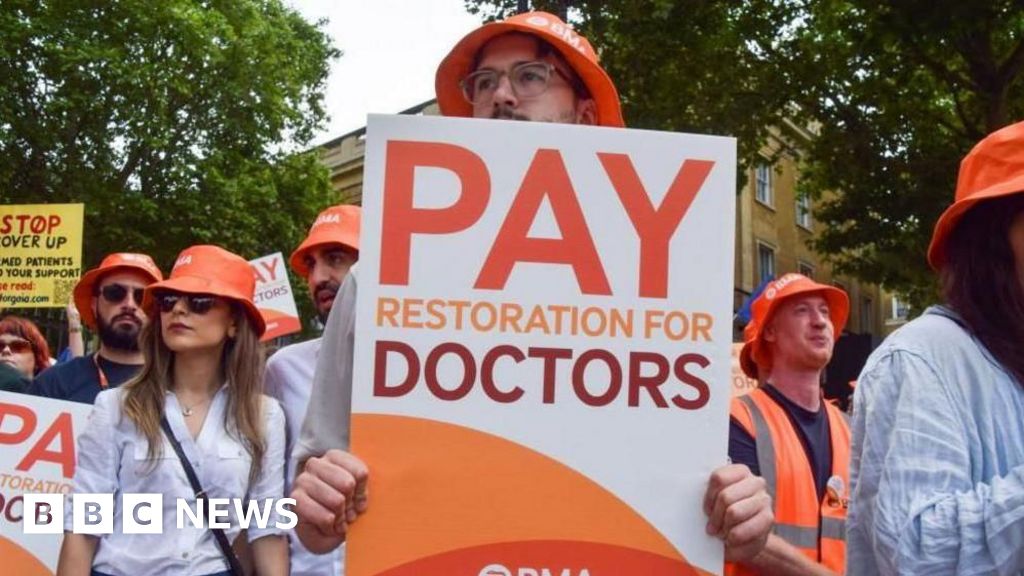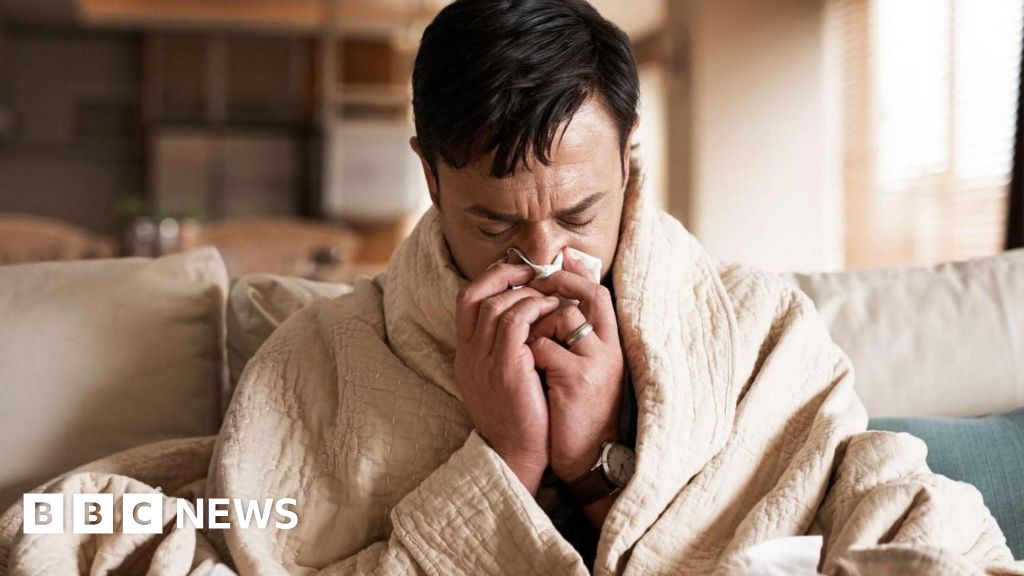Health Secretary Wes Streeting has invited resident doctors’ leaders for fresh talks next week in a bid to end the long-running pay dispute.
It comes after the doctors’ union, the British Medical Association (BMA), wrote to Streeting on Tuesday evening asking for negotiations.
In response, Streeting said he would not negotiate on pay, but was willing to continue the talks that broke down last week looking at working conditions, including career progression, exam fees and rotas.
However, he warned the union it had lost the government’s goodwill because of the latest strike, which finished on Wednesday.
The BMA said it was considering his offer – the union had asked for talks on pay.
Streeting’s letter said it was “ironic” the BMA was asking for talks, pointing out he had never left the negotiating table.
The talks ended last Tuesday when the union confirmed its five-day walkout was going ahead.
It was the 12th strike since spring 2023, but the first under Labour.
Shortly after the election, Streeting reached a deal with resident doctors that saw a pause to industrial action.
It led to a 22% increase in pay over a two-year period. They have been given another 5.4% average rise this year, but the BMA renewed strike action arguing that was not enough since pay was still a fifth lower than it was in 2008.
In his letter on Wednesday, Streeting said the latest strike action was “deeply disappointing” and “entirely unnecessary” given talks that had started could have made substantive improvements to the working lives of doctors.
He said the strike had had a detrimental impact on patients.
And Streeting added: “Your action has also been self-defeating, because you have squandered the considerable goodwill you had with me and this government.”
But he said his door remained open, adding he was happy to meet early next week.
It is not yet clear the scale of disruption to health services caused by the latest strike.
The NHS has attempted to keep most of the non-urgent work going, such as knee and hip operations.
Some hospitals reported they were able to do more than 80% of their normal activity – previously it had been as low as 50%.
Resident doctors represent nearly half the medical workforce and range from doctors fresh out of university through to those with up to a decade of experience.







